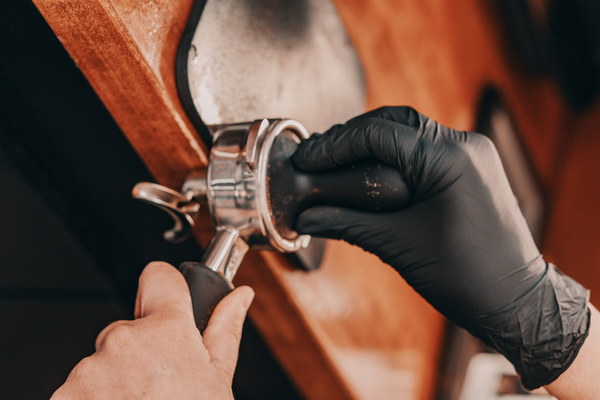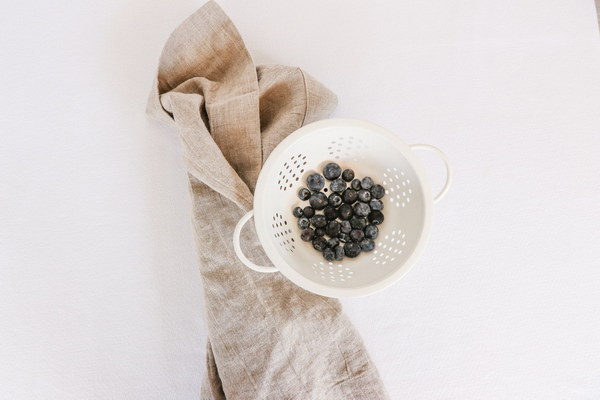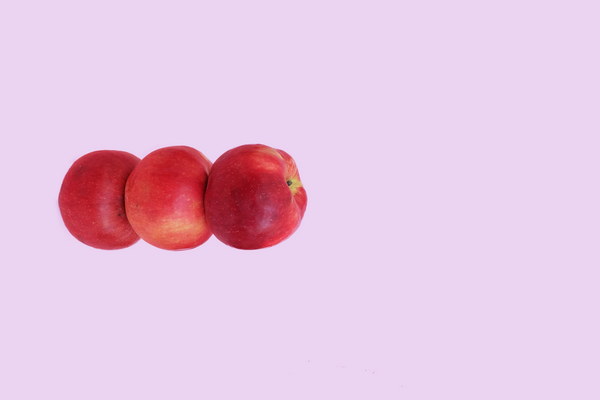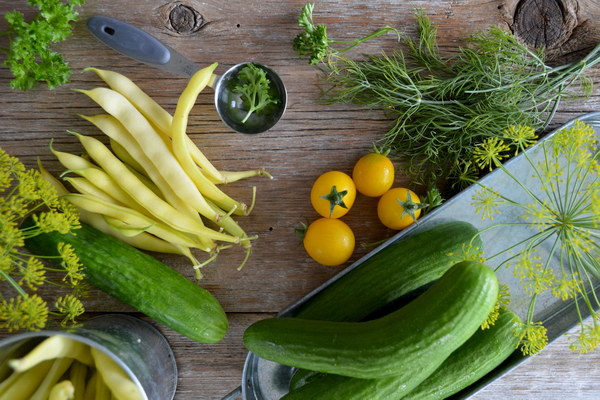Can You Drink Chinese Herbs for Dampness Relief
Introduction:
Dampness is a common condition in traditional Chinese medicine (TCM), often characterized by symptoms like fatigue, poor appetite, and joint pain. Many people turn to natural remedies, including Chinese herbs, for relief. The question of whether one can drink Chinese herbs for dampness relief is a common one. In this article, we will explore the concept of dampness in TCM, the herbs that can be used to alleviate dampness, and the proper way to consume them.
Understanding Dampness in TCM:
Dampness is believed to arise from an imbalance in the body's fluids, leading to a stagnation of energy (Qi) and blood. This imbalance can be caused by various factors, including excessive moisture in the environment, overeating, and poor diet. In TCM, dampness is categorized into different types, such as phlegm dampness, damp-heat, and damp-cold, each requiring a different herbal formula for treatment.
Herbs for Dampness Relief:
There are several Chinese herbs that are commonly used to alleviate dampness. Some of the most popular ones include:
1. Astragalus (Huang Qi): Known for its immune-boosting properties, Astragalus helps to eliminate dampness and improve overall energy levels.
2. Poria (Fu Ling): Poria is a moisture-absorbing herb that helps to drain dampness and support kidney function.
3. Atractylodes (Cang Zhu): Atractylodes is used to transform dampness into heat, promoting digestion and alleviating abdominal discomfort.
4. Cinnamon (Rou Gui): Cinnamon helps to warm the body and expel dampness, making it beneficial for damp-cold conditions.
5. Peony (Shan Dou Gen): Peony is used to clear damp-heat and relieve joint pain.
Combining Herbs for Optimal Results:
To achieve the best results, it is often recommended to combine these herbs in specific formulas tailored to the individual's specific dampness condition. Some popular formulas for dampness relief include:
1. Er Chen Tang (Bupleurum and Scutellaria Decoction): This formula helps to transform dampness and alleviate symptoms of fatigue and poor appetite.
2. Si Miao San (Four Treasures Powder): Si Miao San is used to drain dampness and improve kidney function, making it suitable for chronic dampness conditions.
3. Bu Zhong Yi Qi Tang (Tonify the Middle and Strengthen Qi Decoction): This formula is designed to strengthen the spleen and expel dampness, thereby improving overall energy levels.
How to Consume Chinese Herbs for Dampness Relief:
When using Chinese herbs for dampness relief, it is important to follow these guidelines:
1. Consult a TCM Practitioner: It is crucial to consult with a qualified TCM practitioner who can diagnose your specific dampness condition and recommend the appropriate herbal formula.

2. Proper Preparation: Herbs should be prepared according to TCM guidelines, which may involve boiling, steeping, or using a mortar and pestle to grind the herbs into a powder.
3. Dosage: Follow the recommended dosage provided by your TCM practitioner to ensure safe and effective treatment.
4. Duration: Continue taking the herbal formula for the duration advised by your practitioner, as dampness conditions can be chronic and require time to resolve.
Conclusion:
While Chinese herbs can be a valuable tool for alleviating dampness, it is important to approach treatment with caution and seek guidance from a qualified TCM practitioner. By understanding the principles of TCM and following the proper methods of consumption, individuals can effectively use Chinese herbs for dampness relief and improve their overall well-being.









